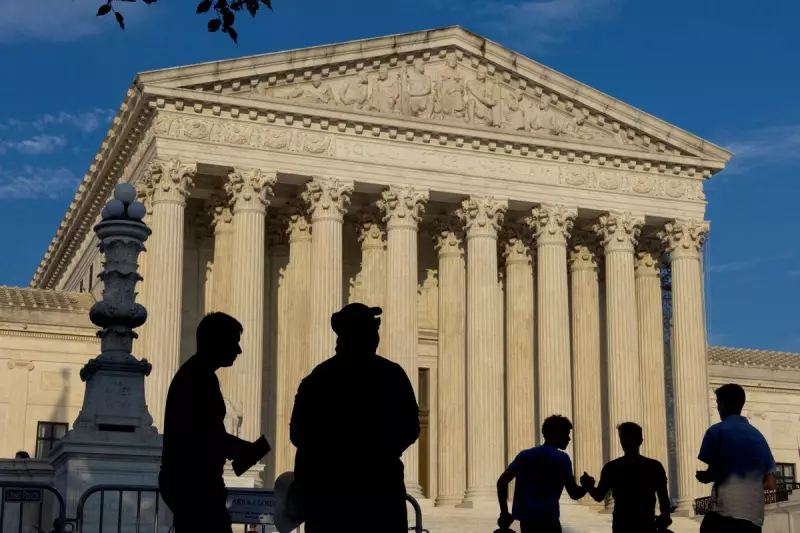
In a startling revelation that threatens the very foundations of American judicial transparency, the Supreme Court's so-called 'shadow docket' has become the preferred vehicle for Trump-appointed justices to advance conservative agendas without public accountability.
The Silent Revolution in American Jurisprudence
Behind closed doors and with minimal explanation, the highest court in the United States is increasingly deciding crucial matters through emergency orders that bypass traditional judicial processes. This shadowy system, once reserved for genuinely urgent cases, has been weaponised to enact sweeping changes to American law.
Trump's Lasting Legacy on the Bench
The three justices appointed by former President Donald Trump - Neil Gorsuch, Brett Kavanaugh, and Amy Coney Barrett - have proven instrumental in this quiet transformation. Their appointments created a solid conservative majority that now routinely uses the shadow docket to issue rulings on everything from abortion restrictions to immigration policies and voting rights.
Democracy in Darkness
Legal experts express grave concerns about this trend. 'We're witnessing a fundamental shift in how justice is administered,' explains constitutional law professor Eleanor Vance. 'Decisions that affect millions of Americans are being made without proper briefing, oral arguments, or detailed legal reasoning. It's government by stealth.'
The consequences are already being felt across the nation:
- Major abortion restrictions taking effect without comprehensive review
- Immigration policies overturned through single-page orders
- Voting rights cases decided in the dead of night
- Environmental regulations suspended without explanation
The Transparency Crisis
What makes the shadow docket particularly concerning is its lack of transparency. Unlike regular Supreme Court decisions that feature extensive legal analysis and sometimes fiery dissents, these emergency orders often provide little justification beyond a sentence or two.
'This isn't just about conservative versus liberal politics,' notes judicial ethics expert Dr Marcus Thorne. 'It's about whether citizens can have confidence that their highest court is operating with integrity and openness. Right now, that confidence is eroding daily.'
A Call for Reform
As the Supreme Court begins its new term, pressure is mounting for reforms that would bring these shadow proceedings into the light. Proposed changes include requiring more detailed explanations for emergency orders and creating a public database of all such decisions.
But with the current conservative majority showing little interest in self-regulation, the shadow docket appears set to remain a powerful – and controversial – tool for shaping American law away from public scrutiny.






